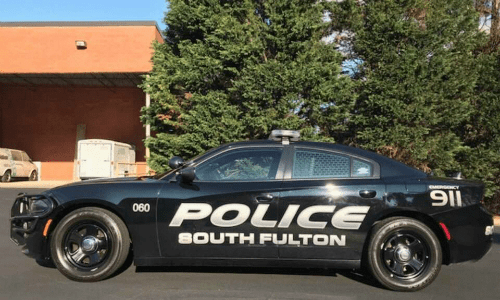
City of South Fulton (Ga.) to Enforce False Alarm Ordinance in New Year
11.26.19 – SSI –
The city council has voted to approve an ordinance that penalizes home and business owners for repeated nuisance alarms.
SOUTH FULTON, Ga. – The City of South Fulton, located about 20 miles west of Atlanta, is taking measures to cut down on the number of police dispatches to false alarms.
On Nov. 12, the city council voted to approve an ordinance that penalizes home and business owners for repeated false alarms. The law takes effect Jan. 1, 2020.
“This ordinance seeks to establish reasonable standards for users to be held responsible for the proper operation of their alarm systems,” Councilwoman Rowell states in a press release.
According to Deputy Police Chief Connie Rogers, the average response time for police is between 16 and 17 minutes. The law will aim to lessen that time.
“This law will improve public safety and better allocate resources,” Rogers says. “We’ve hired approximately 70 police officers since September 2017. With the passing of the false alarm ordinance, those officers can spend more time responding to true emergencies.”
Under the ordinance, first and second false alarm offenses will not be finable. After the second false alarm, fines will range from $100 for the third, $150 for the fourth and $500 for more than seven false alarms.
Police will have the option of not responding to calls at locations with 10 or more false alarms in a year.
South Fulton’s new alarm ordinance follows action taken by city officials in nearby Sandy Springs. The city council there recently adopted fines for installing security contractors that claim to have evidence that verifies an alarm event in order to dispatch police, but then fail to provide that evidence to the city.
The newly amended rules and fine schedule were submitted to the city council by City Attorney Dan Lee in a memo dated Oct. 31. The amending ordinance clarifies the definition of false verification to include failure to provide video or audio verification within 24 hours of a request for dispatch.
